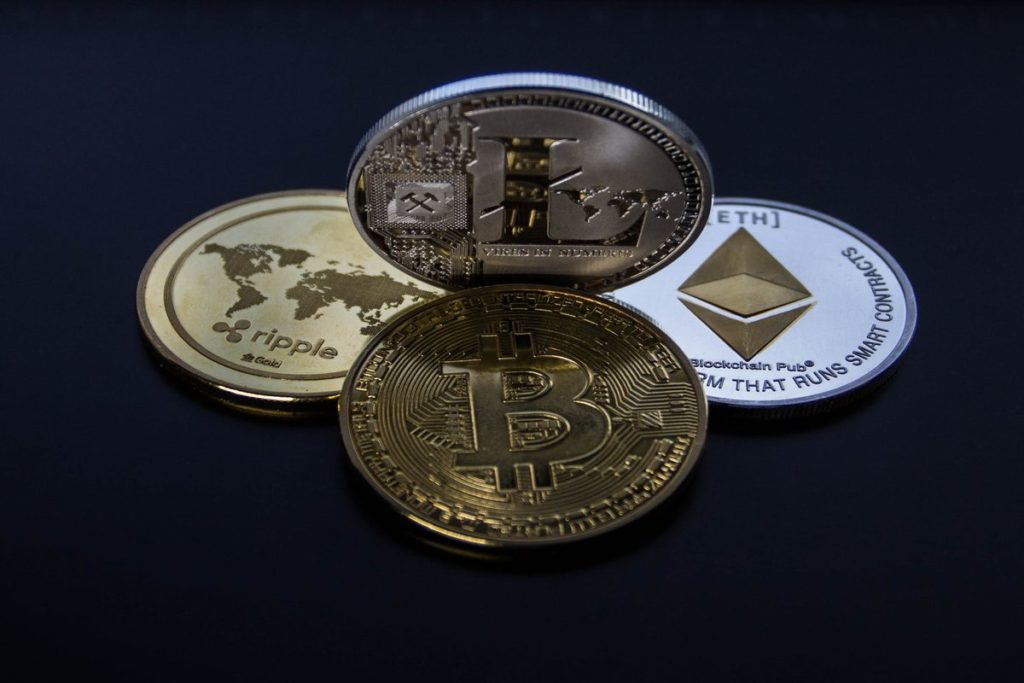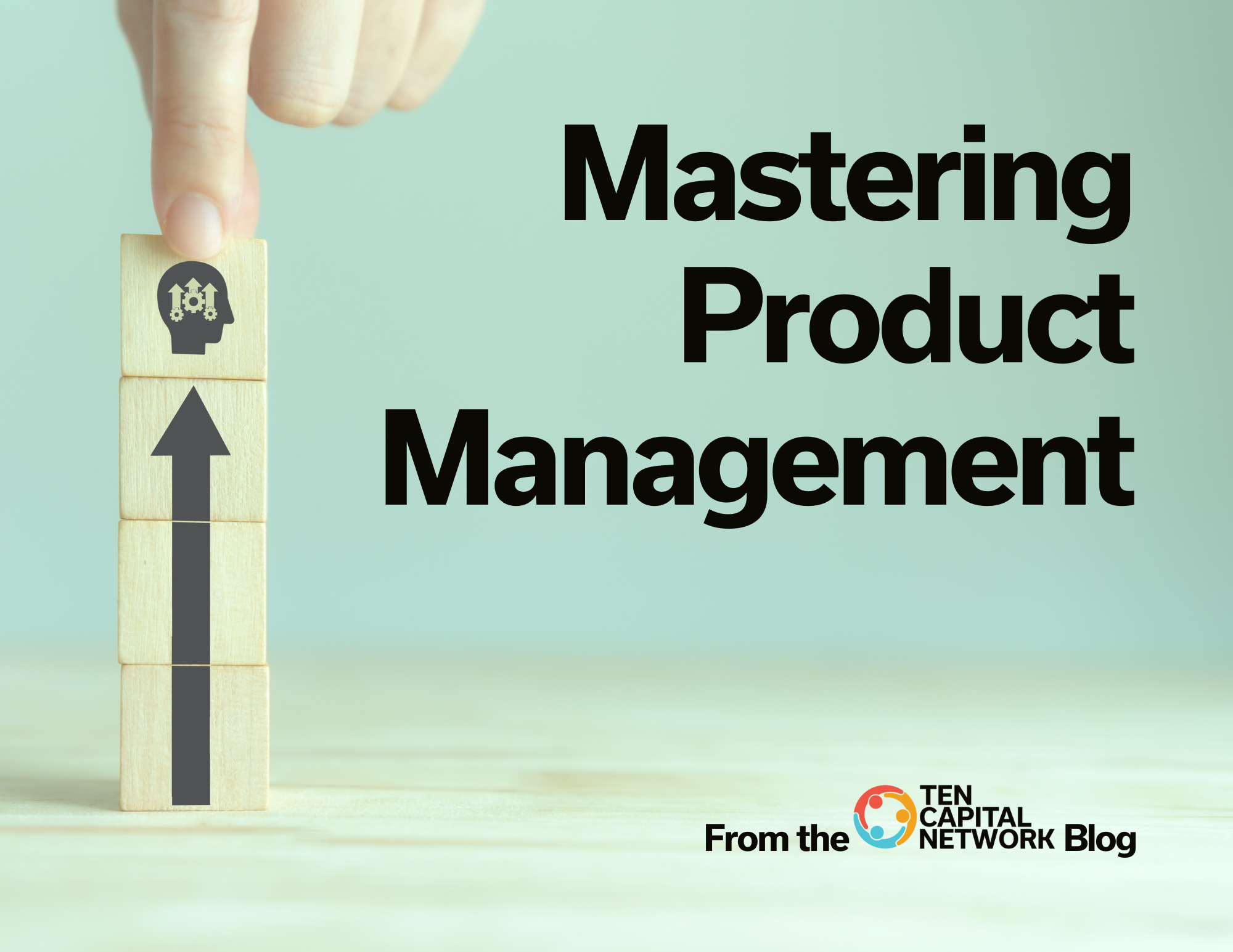Last year ICO promoters focused on how to get around the SEC by calling their offering a “utility token” maintaining it was not a security. As I’ve written before the SEC views tokens for what one can do with them, rather than how the promoter intended them to be used. The SEC appears to have won the battle against startups who didn’t want to register their token as most ICOs I see today are now doing so. That means we’re right back where we began – in Reg D land. It’s déjà vu, all over again.
Most ICOs I’ve encountered are running a Reg D offering as the accredited investors are familiar with it but some ICOs are turning to other security offering methods such as CF (crowdfunding), Reg A+ (which lets you raise up to $50M), and others.
The token sale is now a funding stage just like raising a seed round from an angel or a series A from a venture investor. The token sale is no longer the solo shot to raise funding for your company.
For most ICOs, the promoters raise a pre-ICO round of $500K to build out the MVP and the basic tokenomics. Then in a private sale the promoters raise funding from accredited investors to establish the platform and prepare for the token crowd-sale. For the private sale, promoters offer a 30% to 50% discount off the tokens. As the private sale winds down with a diminishing discount, the promoters prepare for a crowd-sale of their token to the general market.
The token sale is one more tool for the fundraise toolbox.
 Hall T. Martin is the founder of TEN Capital and a builder of entrepreneur ecosystems by startup funding through angel networks, funding portals, syndicates, and more Connect with him about fundraising, business growth, and emerging technologies
Hall T. Martin is the founder of TEN Capital and a builder of entrepreneur ecosystems by startup funding through angel networks, funding portals, syndicates, and more Connect with him about fundraising, business growth, and emerging technologies





